What Is Postpartum Depression? Depression During Pregnancy and after Childbirth. For most women, having a baby is a very exciting, joyous, and often Peripartum depression is a serious, but treatable medical illness involving feelings of extreme sadness, indifference and/or anxiety, as well
Types of Postpartum Depression. Type 1: Postpartum Blues. Slight insomnia, irritability, tearfulness and mood swings are quite natural in the first days after birth. Thoughts of death and suicide. Some women during postpartum depression suffer with the thoughts on how to harm the child,
So one of my primary postpartum depression needs is help around the house and/or baby care so that I have time and energy to take care of myself. In this video, I talk about my planning process and give some more tips on how to prepare for postpartum depression and get the support you need.
Postpartum depression is a common mental disorder that affects millions of women across the world. Learn the basics and how you can get help today. Postpartum depression symptoms range for each affected person but they generally include a combination of mood swings, anger and

care postpartum delivery swaddlesnbottles depression expect read difference
How to get support for postpartum depression? Postpartum depression after pregnancy is a common and potentially dangerous mental health condition. A person's symptoms can worsen without treatment, making it more difficult to care for both themselves and the baby.
How Does Postpartum Depression Affect the Infant? 3 Conventional Treatments for Postpartum Depression. Knowing the risk factors and signs of postpartum depression before giving birth is important in helping new moms to prepare for the possibility of developing depression after childbirth.
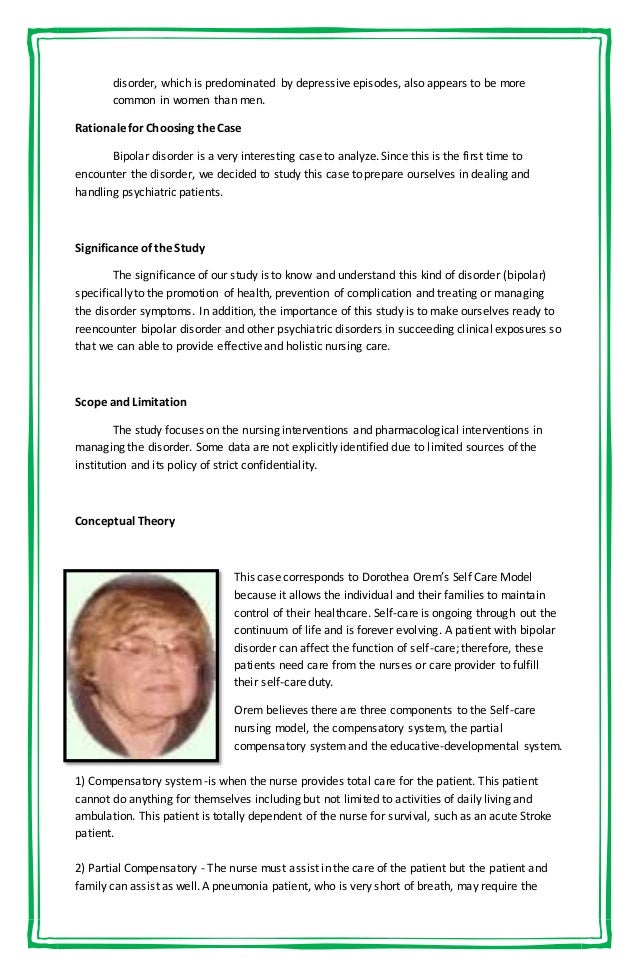
bipolar
Postpartum depression is treated differently, depending on the type of symptoms and how severe they are. Treatment options include anti-anxiety or antidepressant medications, psychotherapy, and participation in a support group for emotional support and education. For severe cases, an IV of a
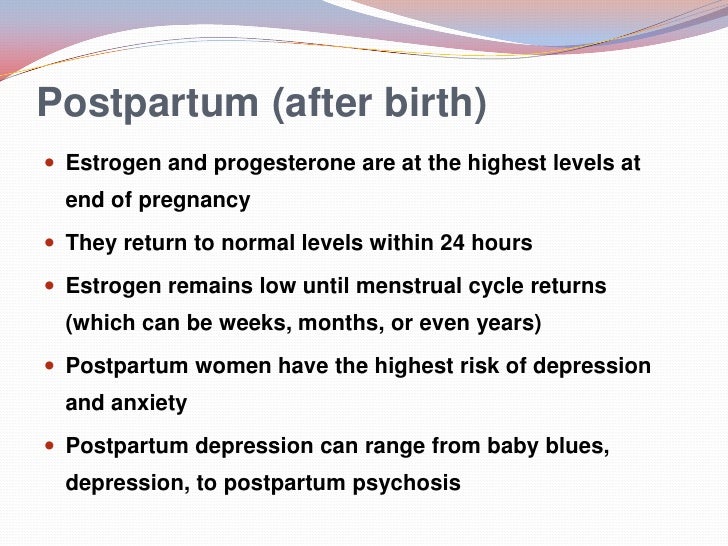
hormones clellan postpartum estrogen progesterone breastfeeding alissa oxytocin
Postpartum depression is a mental illness that can occur after a person gives birth to a child. Learn why it happens and how to treat the symptoms. Screening for postpartum depression in pregnant and postpartum individuals is now recommended by the American College of Obstetricians
Postpartum depression is a type of depression that occurs in some women after giving birth. Treatment for postpartum depression may include medication, therapy, or a combination of both. Some people might say, "Let me know if you need anything," but they may not know how to help.
How common is postpartum depression? What's the difference between postpartum depression and the baby blues? Prepare yourself. That TV baby with the flawless face at birth? He's not really a newborn — who are actually blotchy, bumpy and wrinkly — but an older baby.
Postpartum depression may lead to complicated issues if not treated at time. For instance, mothers may have chronic depression in future and sometimes symptoms The health care provider suggests you to solve your issues, relieve your anxiety and how you can cope with your fears and concerns.
Postpartum depression (PPD), also called postnatal depression, is a type of mood disorder associated with childbirth, which can affect both sexes.
Postpartum depression (PPD) affects one out of every eight women in the Read about postpartum depression symptoms, treatment, and causes. What is the prognosis of postpartum depression? Is it possible to prevent postpartum depression? Where can people get support
Learn how postpartum depression differs from the baby blues and get the help you need. Is it the baby blues or postpartum depression? The majority of women experience at least some symptoms of the baby blues immediately after childbirth.
Postpartum depression isn't a character flaw or a weakness. Sometimes it's simply a complication of giving birth. If you have postpartum depression, prompt Postpartum depression may be mistaken for baby blues at first — but the signs and symptoms are more intense and last longer, and
Causes of Postpartum Depression Symptoms of Postpartum Depression How Is Postpartum Depression Diagnosed? Postpartum Depression Treatment Options Risk Factors Complications and Related Conditions How to Prevent Postpartum Depression When to Seek Help
A guide to dealing with postpartum depression including how to notice the signs, how to talk to your family regarding your depression and needs, and What Is Postpartum Depression? Throughout pregnancy, a woman's body undergoes many changes to accommodate the child growing within.
Screening test for postpartum depression. How to treat postpartum depression. Postpartum depression may be mistaken for baby blues at first — but the signs and symptoms are more intense and last longer, and may eventually interfere with your ability to care for your baby and handle
You may be asking, how long can postpartum depression last? What is the treatment for postpartum depression? Read on as we tackle about everything Get enough rest and eat healthy. Try not to feel guilty for having post pregnancy depression. Remind yourself that it doesn't mean you are a
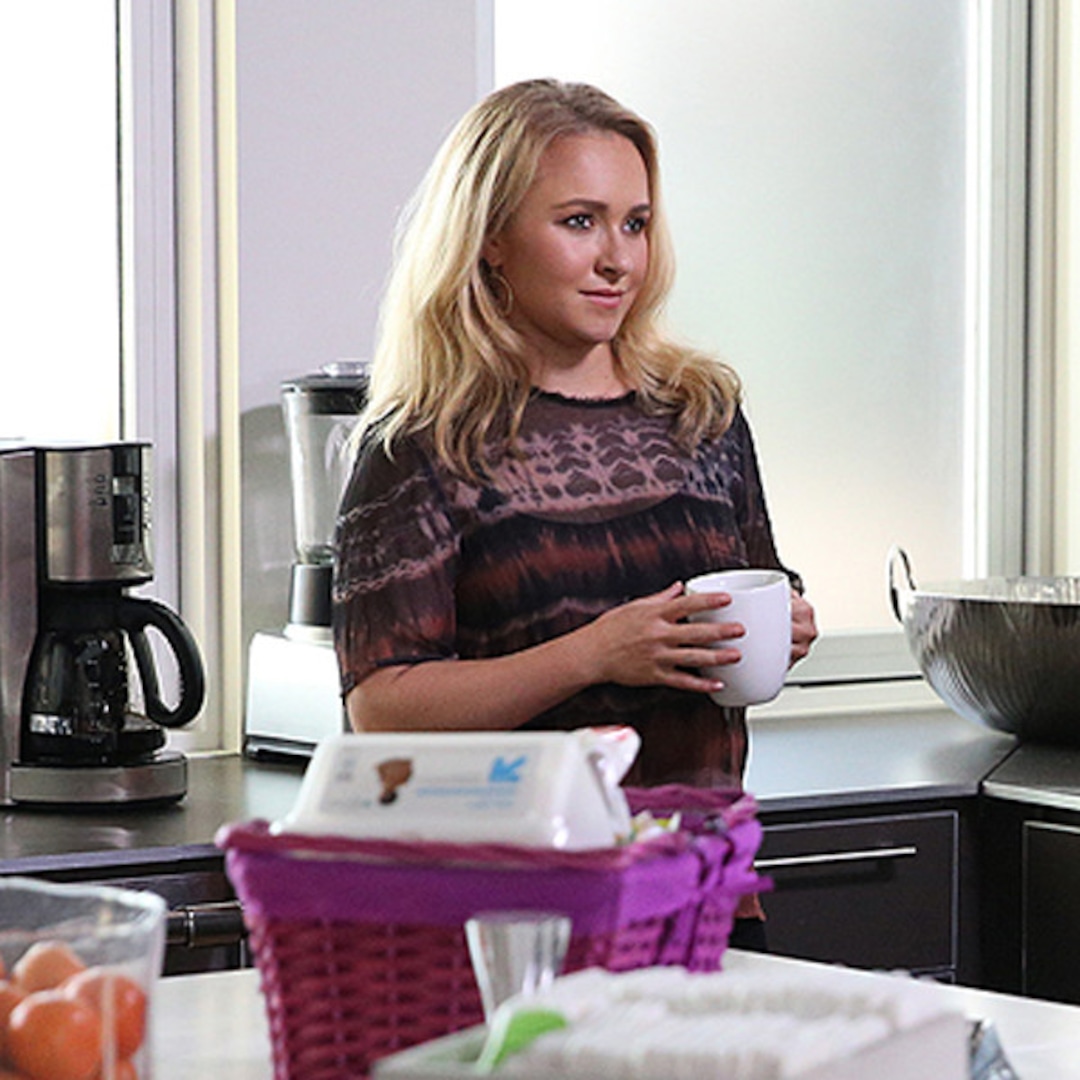
panettiere hayden nashville

postpartum mom needs essentials tea health
For women who are prone to depression (and even those who are not), when the birth of a new baby is on the horizon, the thought of postpartum depression and other maternal Luckily, there are some things women can do to prepare for those dark post-baby days ahead (should they arrive, or not).
How can you prepare for postpartum depression or other PMADs? Make sure your doctor is aware of any history you have with mental illness. Checking it off on your patient intake form is not good enough. You need to verbalize as well, and some doctors need to hear it more than twice.

prepare childbirth core training active tummy credit team
What is Postpartum Psychosis? How Can Postpartum Depression Affect Your Baby? How Can Postpartum Depression Affect Your Baby? Being in the throes of PPD can make it difficult Duncan L, A. Cohn M, T. Chao M. Benefits of preparing for childbirth with mindfulness training: a

postpartum nutrition eating depression right birth symptoms giving fix eat having fed moms stay tips well newborn
Postpartum depression is a medical condition that some mothers experience after childbirth. Read here to learn how to spot the symptoms of PPD and What Can Happen if Postpartum Depression Isn't Treated? Not getting treatment for postpartum depression can mean that the severe
I'll talk more about how you can prepare, but first: If you are having thoughts of hurting yourself, your baby, or anyone else, DON'T WAIT - GET HELP NOW. You may want to be screened for a postpartum mental illness, such as postpartum depression, anxiety, OCD, or psychosis.
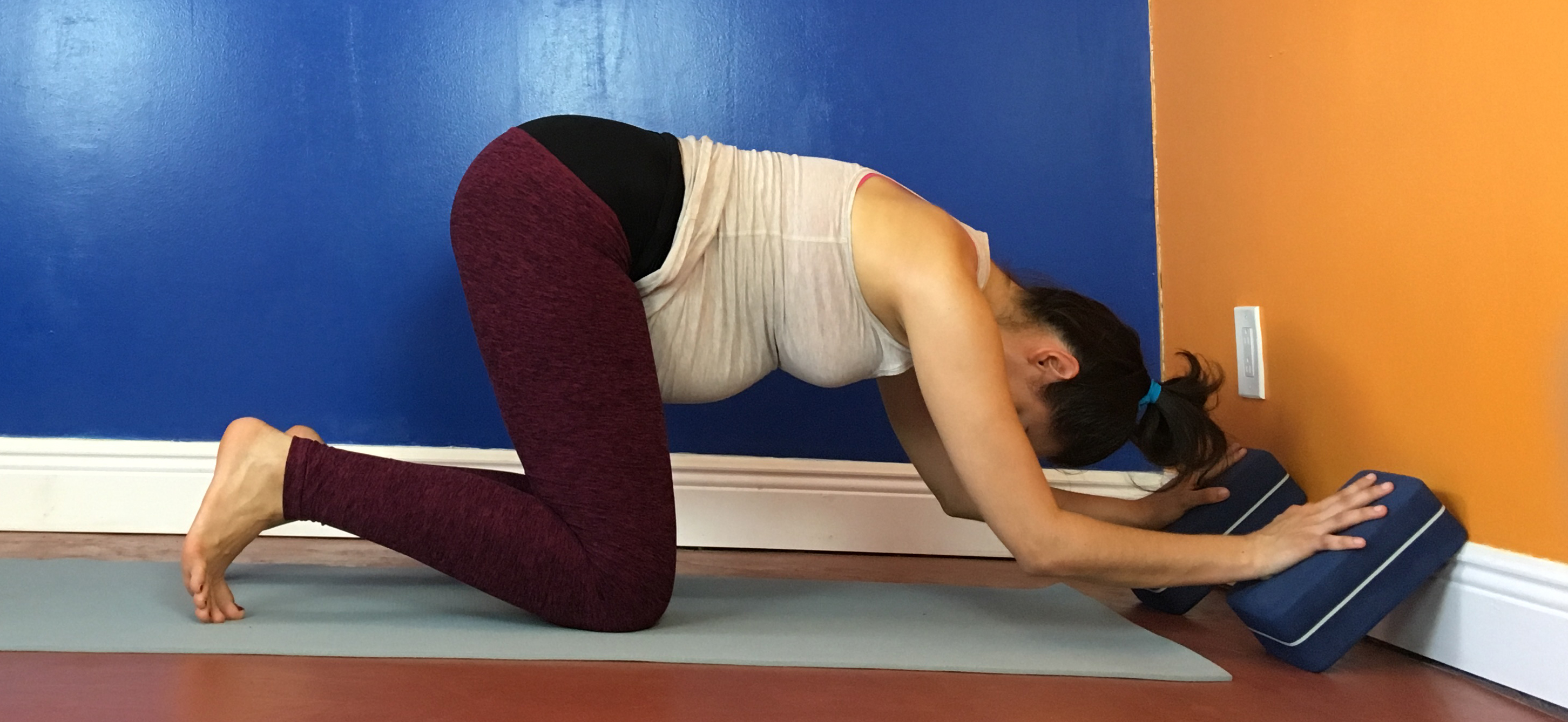
yoga postnatal training prenatal poppy perinatal
Postpartum depression happens to about 15% of women. It can lead to serious mental health issues. Learn how to handle PPD using these tips and practicing our Healing is available for postpartum depression, and no mother should feel shame for pursuing treatment for this medical condition.
Postpartum depression (PPD) is a long-lasting type of depression following childbirth. Experts explain signs, symptoms, and why it's important What are the signs and how long does postpartum depression last? If you're looking for answers to these questions find guidance and hope here.
Postpartum depression symptoms usually begin within the first few weeks after giving birth, but in some cases they may set in much earlier. Before we delve into the eight signs of postpartum depression, let's take a closer look at baby blues so we can better differentiate between the two.
Prepare for postpartum with these simple tips to help your recover faster and better, naturally. There are so many things to prepare for baby's arrival and labor. However, so many moms forget to think about themselves. Prevent Postpartum Depression. You also need a good Omega 3 vitamin.
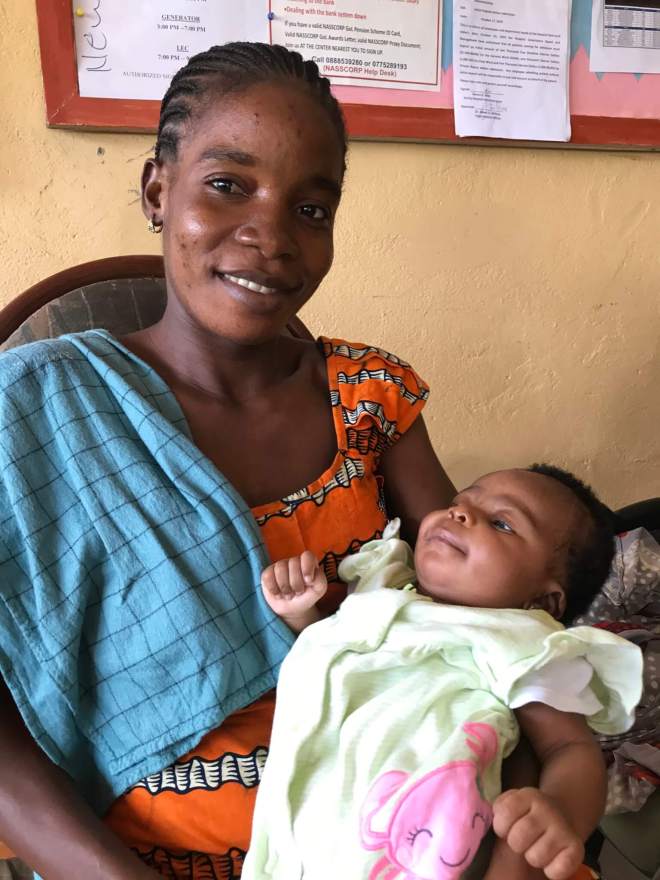
breastfeeding protecting responsibility partnerships
Postpartum depression is a condition that many new mothers experience after having a child. The stress and hormone changes of giving birth can trigger feelings of depression However, postpartum depression still requires medical attention. Contact your doctor first before you try treating it yourself.
Care guide for Postpartum Depression. Includes: possible causes, signs and symptoms, standard treatment options and means of care and support. How is postpartum depression treated? Treatment may include medicine, talk therapy, or both. A therapist can help you find ways to cope
